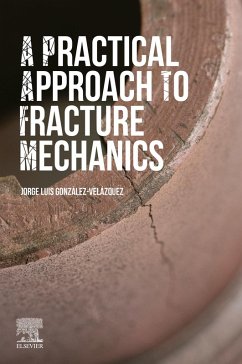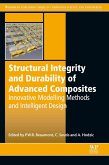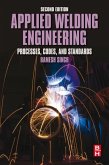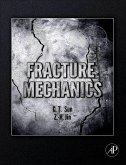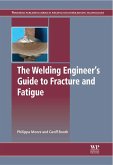This book will be especially useful for students in mechanical, civil, industrial, metallurgical, aeronautical and chemical engineering, and for professional engineers looking for a refresher on core principles.
- Concisely outlines the underlying fundamentals of fracture mechanics, making physical concepts clear and simple and providing easily-understood applied examples
- Includes solved problems of the most common calculations, along with step-by-step procedures to perform widely-used methods in fracture mechanics
- Demonstrates how to determine stress intensity factors and fracture toughness, estimate crack growth rate, calculate failure load, and other methods and techniques
Dieser Download kann aus rechtlichen Gründen nur mit Rechnungsadresse in A, B, BG, CY, CZ, D, DK, EW, E, FIN, F, GR, HR, H, IRL, I, LT, L, LR, M, NL, PL, P, R, S, SLO, SK ausgeliefert werden.

